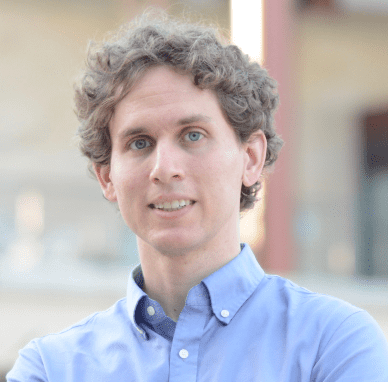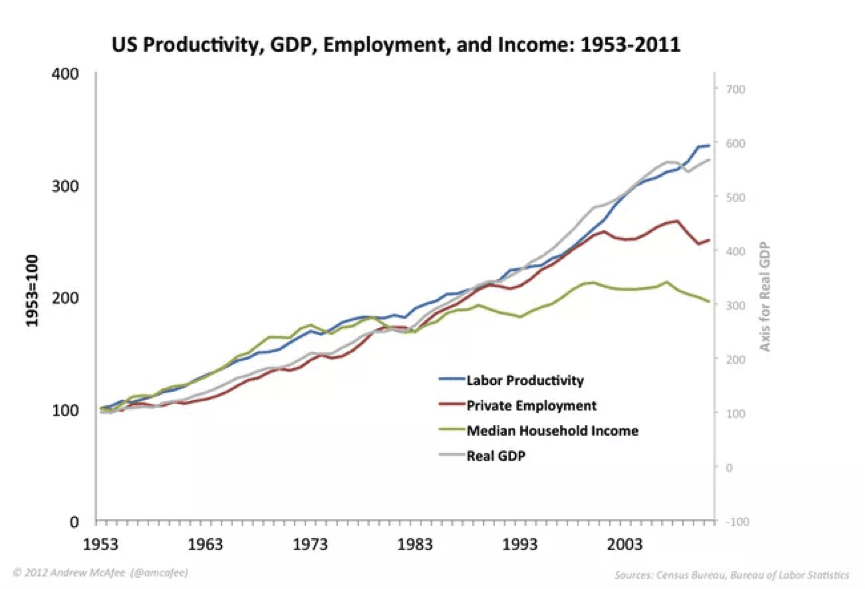AI Researcher Andre Platzer

Contents
AI Safety Research

Andre Platzer
Associate Professor
Computer Science Department, Robotics Institute
Carnegie Mellon University
Project: Faster Verification of AI-based Cyber-physical Systems
Amount Recommended: $200,000
Project Summary
The most exciting and impactful uses of artificial intelligence (AI) that will affect everybody in crucial ways involve smart decision making to help people in the real world, such as when driving cars or flying aircraft, or help from robots engaging with humans. All of these have a huge potential for making the world a better place but also impose considerable responsibility on the system designer to ensure it will not do more harm than good because its decisions are sometimes systematically unsafe. Responsibly allowing mankind to rely on such technology requires stringent assurance of its safety. A nontrivial enterprise for the decision flexibility in AI. The goal of this research project is to develop formal verification and validation technology that helps ensure safety, robustness, and reliability of AI-based system designs. The world is an uncertain place. So perfect performance cannot always be guaranteed in all respects. But good system designs do not compromise safety when their performance degrades. The PI is proposing to advance his verification tool KeYmaera that has been used successfully for systems known as cyber-physical systems (combining computer decisions with physics or motion) toward the additional challenges that a deep integration of AI into those systems provides.
Technical Abstract
The most important and most impactful AI-based systems are those that directly interface with the physical world. Cyber-physical systems (CPS) combine computers (for decisions) and physics (motion) and play a prominent role, e.g., in cars, aircraft, robots. Due to their impact on people, they come with stringent safety requirements in order to make sure they make the world a better place. In order to enable sophisticated automation for these systems, AI-based systems become more prominent but their impact on the safety of the system is not understood well so far.
This project studies ways of extending safety analysis and verification technology for cyber-physical systems with ways of addressing the additional challenges that AI-based CPS provide.
The PI developed a verification tool, KeYmaera, for CPS, which has had quite some success in verifying CPS. KeYmaera has been used successfully for a safety analysis of an AI-intensive CPS, the Airborne Collision Avoidance System ACAS X, albeit with non-negligible effort. For a system of such a world-wide impact as ACAS X, the effort amortizes. This project proposes to develop verification technology that reduces the effort needed to verify AI-based systems in order to achieve more widespread adoption of safety analysis for AI-based CPS.
Publications
- Fulton, Nathan and Platzer, André. A logic of proofs for differential dynamic logic: Toward independently checkable proof certificates for dynamic logics. Jeremy Avigad and Adam Chlipala, editors, Proceedings of the 2016 Conference on Certified Programs and Proofs, CPP 2016, St. Petersburg, FL, USA, January 18-19, 2016, pp. 110-121. ACM, 2016. http://nfulton.org/papers/lpdl.pdf
Presentations
- Fulton, Nathan. Presented A Logic of Proofs for Differential Dynamic Logic: Toward Independently Checkable Proof Certificates for Dynamic Logics at The 5th ACM SIGPLAN Conference on Certified Programs and Proofs.
- Nathan Fulton, Stefan Mitsch, and André Platzer. Presented a tutorial on KeYmaera X and hybrid systems verification at CPSWeek 2016, and a similar tutorial has been accepted at FM 2016.
- Nathan Fulton presented a talk on work supported by this grant at a workshop on Safe AI for CPS held at Carnegie Mellon in April 2016. http://www.ls.cs.cmu.edu/CPSVVIF-2016/Program.html
Course Materials
Course Names:
- “Foundations of Cyber-Physical Systems” – Spring 2016
- Syllabus, Assignments, Lecture Videos: http://symbolaris.com/course/fcps16-schedule.html
- Final Projects: http://symbolaris.com/course/fcps16-projects.html
Software Releases
- Major contributions to the KeYmaera X Theorem Prover for Hybrid Systems were supported by this grant:
- An initial public release of the KeYmaera X source code under a FOSS license, including the improved tactics framework and contextual equivalence tactics discussed in the grant proposal.
- Several subsequent public releases of the prover and its source code containing improvements resulting from watching students interact with KeYmaera X in the FCPS course.
- KeYmaera X source code is available at https://github.com/LS-Lab/KeYmaeraX-release/releases
Ongoing Projects/Recent Progress
- Andre Platzer and colleagues
- Worked on enabling fast reasoning by improving locality of proof search tactics and providing ways of local reasoning by contextual equivalence. They successfully added contextual equivalence and local reasoning tactics to the KeYmaera X tool, as well as tactics for contextual implication reasoning and reasoning by monotonicity (the ACAS X case study suggests both of these are crucial elements of fast verification of large-scale AI CPS).
- Developed a logic that reifies the structure of proofs that contain efficient contextual equivalence reasoning. The resulting theory and tooling will be instrumental to all future developments in KeYmaera X –including the development of verified AI-based controllers for CPS.
- Developed a suite of proof tactics for differential dynamic logic that support contextual equivalence reasoning. These tactics are published in the KeYmaera X GitHub repository and were evaluated partially upon sub-components of the previously existing ACAS X safety proof in KeYmaera X. A research paper describing and evaluating the tactics framework and some of the tactics library is currently under review. The KeYmaera X improvements enabled by this grant will undoubtedly serve as a spring-board for improvements to CPS verification technology in the PI’s research group, included planned work for year two of this project.
- Developed a logic that reifies the contextual equivalence proofs generated by the tactics library described above [1]. Explicit proofs provide a theoretical foundation that the PI and his supported student plan to exploit in later phases of this grant. The primary goal of the proposed work is to demonstrate that AI can be justifiably used in safety-critical CPS. Demonstrating this claim will require generating code from models so that models of AI controllers for Cyber-Physical Systems (AI CPS) can be validated on real-world systems. Proof terms provide a theoretical foundation for solving important sub-problems in hybrid systems code generation. Proof terms are additionally attractive from an AI-in-CPS perspective because of the importance of explainability in AI systems. Explicit proof certificates serve as formal, permanent, and persistent explanations for why a system is believed to behave properly; therefore, if AI CPS systems can be expressed in differential dynamic logic, then the proof certification logic developed in this work can be used to interrogate the formal explanation for whyan AI CPS system is considered to be safe.
- Educational activities supported by this grant focused on extending the user base of KeYmaera X so as to understand the impact of contextual equivalence reasoning on the speed and difficulty of CPS verification tasks. Toward these ends, the PI modified his Foundations of Cyber-Physical Systems undergraduate course to use the KeYmaera X prover and invited experts from industry to judge final course projects. The PI and his collaborators also presented a KeYmaera X tutorial at CPS Week’16.
- The robust tactics library developed during the past year is an enabling technology for the development of reasoning techniques focused on AI-based CPS. The second year of this grant will focus on constructing models of AI-based CPS and developing proof search procedures that can be used for more automatically and efficiently establishing safety properties for AI-based CPS. In addition to this proposed work, these researchers also plan to develop code extraction procedures so that models of AI-based controllers verified in KeYmaera X can be validated on real-world systems
About the Future of Life Institute
The Future of Life Institute (FLI) is a global non-profit with a team of 20+ full-time staff operating across the US and Europe. FLI has been working to steer the development of transformative technologies towards benefitting life and away from extreme large-scale risks since its founding in 2014. Find out more about our mission or explore our work.
Related content
Other posts about AI Researcher Profile

AI Researcher Brian Ziebart

AI Researcher Jacob Steinhardt

AI Researcher Bas Steunebrink

